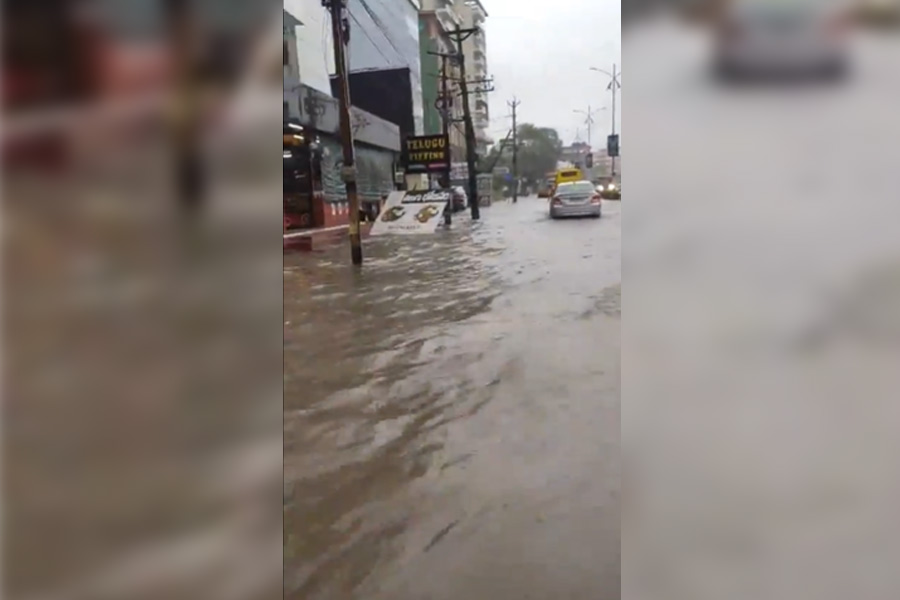The death toll from the historic flash floods in Spain climbed to least 205 people on Friday, with many more believed to be missing, as the initial shock gave way to anger, frustration and a wave of solidarity.
Spanish emergency authorities said 202 of the victims were in the eastern region of Valencia, and officials warned that more rain is expected in the coming days.
The damage from the storm on Tuesday and Wednesday recalled the aftermath of a tsunami, with survivors left to pick up the pieces as they mourn loved ones lost in Spain’s deadliest natural disaster in living memory. Many streets were still blocked by piled-up vehicles and debris, in some cases trapping residents in their homes. Some places still don’t have electricity, running water, or stable telephone connections.
“The situation is unbelievable. It’s a disaster and there is very little help,” said Emilio Cuartero, in Masanasa, on the outskirts of Valencia city. “We need machinery, cranes, so that the sites can be accessed. We need a lot of help. And bread and water.”
In Chiva, residents were clearing debris from mud-filled streets. The Valencian town received more rain in eight hours on Tuesday than it had in the preceding 20 months, and water overflowed a gully that crosses the town, tearing up roads and homes.
The mayor, Amparo Fort, told RNE radio that “entire houses have disappeared, we don’t know if there were people inside or not”.
So far, 205 bodies have been recovered — 202 in Valencia, two in neighboring Castilla La Mancha and one in Andalusia in the south. Members of the security forces and 1,700 soldiers from the emergency unit are searching for an unknown number of missing people. Officials fear more bodies could be found in wrecked vehicles and flooded garages.
Guardia Civil has rescued more than 4,500 people trapped by the floods, said interior minister Fernando Grande-Marlaska.
The regional authorities, who are in charge of the response to the tragedy, asked the central government to mobilise an additional 500 soldiers, who will be deployed on Saturday.
“I have been there all my life, all my memories are there, my parents lived there ... and now in one night it is all gone,” Chiva resident Juan Vicente Pérez told The Associated Press near the place he lost his home. “If we had waited five more minutes, we would not be here in this world.”
Before-and-after satellite images of the city of Valencia illustrated the scale of the catastrophe, showing the transformation of the Mediterranean metropolis into a landscape inundated with muddy waters. The V-33 highway was completely covered in a thick, brown layer of mud.
The tragedy has unleashed a wave of solidarity across the country. Throughout the morning, hundreds of residents have been arriving on foot in the worst affected areas, carrying water, essential products, shovels and brooms to help remove the mud. The authorities have asked them not to drive or walk there, because they are blocking the roads needed by the emergency services. “It is very important that you return home,” said regional president Carlos Mazón, who thanked the volunteers for their goodwill.
AP










